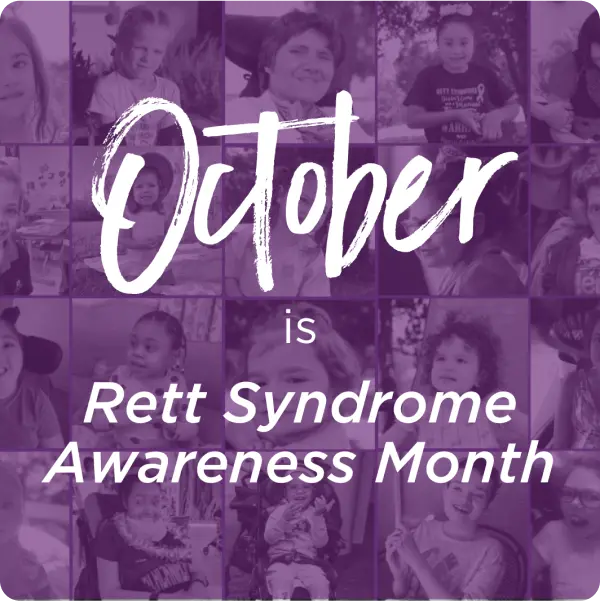October is Rett Syndrome Awareness Month, a time dedicated to sharing stories, spreading understanding, and supporting families affected by this rare neurological disorder. For Martensville mother Tracey Lengyel, it’s an opportunity to give a voice to those who can’t always speak for themselves; like her daughter, Brooklyn.
“Rett Syndrome is different for every child. It is a mutation on the MECP2 gene. For my daughter it’s like having Cerebral Palsy and Autism with no speech. Brooklyn can walk but not like you or I,” Lengyel explained. “She can’t talk but can use an eye gaze computer to communicate. She can feed herself finger foods but not hold utensils. She needs fulltime care. She is a pretty happy young lady for the most part.”
Rett syndrome is typically diagnosed through clinical observation and genetic testing. Many children affected with Rett Syndrome are often misdiagnosed with Cerebral Palsy or Autism and typically see a diagnosis between 6-18 months.
For Brooklyn, that diagnosis came after years of searching for answers. Initially, Brooklyn was first diagnosed with Autism at two-years-old, after the family began noticing repetitive behaviours when Brooklyn was approximately one. After reading an article that spoke on Rett Syndrome, Tracey requested her daughter be tested at three-years-old. After that, it took another thirteen months for the genetic testing to come back.
Lengyel says one of the biggest misunderstandings about Rett syndrome is the assumption that children who don’t speak don’t understand. “I believe Brooklyn understands and comprehends everything,” she said.
For families living with Rett syndrome, daily life can vary greatly depending on the severity of symptoms and cases vary with each child affected, with cases ranging from very severe to mild. “One thing that doesn’t change is they are people just like you and I. They have feelings and personalities. Even though most can’t speak or use their hands to sign, they can communicate. They are smart and can learn. They are resilient.”
Although it is rare, there are approximately 22 girls diagnosed with Rett Syndrome in Saskatchewan, and Lengyel is hoping to share what she has learned about it and give it light, hoping to spread a message of understanding and inclusion.
Tracey says raising awareness is vital to driving continued research and compassion. “Because Rett Syndrome is rare doesn’t mean we should forget about it. Science has come a long way from finding the mutation, to reversing it in mice and now clinical trials with our girls. A cure is there waiting for us to uncover.”
She encourages the public to get involved and learn more. “Google it! Learn about it, support fundraisers, share awareness and ask questions.”
When asked what message she most wanted to share with the community, Lengyel recalled a touching experience that captured the power of kindness and inclusion. When Brooklyn was in Grade 3, an awareness day was held at her school in her classroom at the beginning of the year. One day, while shopping at a local grocery store, a young girl recognized Brooklyn and wanted to say hello. When her father told her not to stare, the girl explained that it was okay because she knew Brooklyn and understood that even though she didn’t speak, she communicated with her eyes. The father thanked his daughter for teaching him something, and together they approached to say hello. “They both came over and said hi and even though Brooklyn didn’t talk she smiled with her bright eyes, and she said to her dad, ‘see she just said hi to you!’”
The moment, Lengyel said, was a powerful reminder of the compassion children naturally show, and a lesson for adults to embrace understanding and inclusion. “That’s a lesson from a child that I wish all adults would teach their children. Just because she looks different or makes different noises. Don’t stare, say hello, ask questions, we won’t be offended. We want to talk about it and share about it. We want our child included.”
As Tracey shares Brooklyn’s story this October, she hopes more people will take a moment to learn, connect, and open their hearts to understanding Rett syndrome, because awareness can lead to acceptance, inclusion, and hopefully, one day, a cure.

